
Helping strengthen e-Government in Cuba is one of the goals of the Ministry of Communications (MINCOM) for this year, but how can this process be linked to Cuban universities?
Helping to strengthen e-Government in Cuba is one of the goals of the Ministry of Communications (MINCOM) for this year, but how can this process be linked to Cuban universities?
Among the higher education centers and institutions, projects have arisen that attempt to create, from the foundations, efficient proposals to make progress in these strategies from other perspectives.
Magda Brito D'Toste, Mincom's Director of Computerization, told Granma that e-Government is a means of modernizing the processes of government entities and stimulating the computerization of the services and procedures provided to the population, helping to make them agile and flexible, so that they can be accessed without the need for physical presence.
Undoubtedly, this effort will improve interaction with the public, based on the implementation of digital channels to capture, process and respond to opinions and complaints, and reduce response times.
She added that its implementation will help modern management of the government and its institutions, close to citizens' problems, with two-way communication.
It will also encourage people's participation in the construction of public policies, increase the quality of services and reduce the possibility of errors.
In this endeavor, the director commented, different actors are involved, from public administration at all levels, software development companies, civil society organizations and universities, the latter playing an important role with projects in science, research and innovation.
UNIVERSITIES IN ACTION
The Hermanos Saíz University, in Pinar del Río, promotes the intelligent cities program, which is incorporated into the work system of the territory's computerization group, and develops prototypes of systems that contribute to the automation of processes, with the objective of providing solutions in different socioeconomic areas of the province.
These contributions include a water quality monitoring system, telemetering of water distribution network conductors, a help button for the elderly (assistance for the elderly), an air quality measurement system, a safety system for liquefied gas tanks, and telemetering of electricity consumption.
Likewise, along with the Ministry of Transportation, it is working on the system of beacons for railway signaling and electronic fare collection for public transportation, while, for the population, it implemented the public information system, which will be located in different parts of the city, as well as the video distribution system with Android terminal, to observe images of recreational or informative aspects, depending on the location of the cameras, both with information in real time. The Director of Computerization at Mincom explained that these projects, proposed by the academy, are innovative solutions that contribute to local development in Pinar del Río.
He added that another example is the University of Havana (UH), with several contributions to e-Government.
She pointed out that the School of Mathematics and Computing, the Juventud Técnica journal and other actors developed the digital tool Covid19CubaData, an information platform that, in real time, shows statistics on the evolution of Covid-19 in Cuba. It can be accessed from the website or from its mobile app for Android.
Brito D'Toste added that this allows the government and decision makers to evaluate the impact of the measures implemented in the fight against the pandemic and, if necessary, to modify the strategies, in addition to contributing to the research on the contagious disease that is being carried out in the country.
Likewise, professionals from this university are part of the group of experts on e-Government consulted by the Mincom.
DIGITAL GOVERNMENT OBSERVATORY
The Digital Government Observatory was created as a result of a collaboration agreement signed between the University, its School of Communication and MINCOM, and is visible on the Internet at https://gobiernodigital.fcom.uh.cu.
This endeavor is a scientific and collaborative platform, used as a reference of international best practices on e-Government, for the benefit of government entities and with a citizen focus, which contributes to raising the necessary awareness regarding the digital transformation in the country.
Also, the creation of the Center for Digital Government Studies at the University of Havana, which was approved by the Ministry of Higher Education, as a teaching and research structure, is worth highlighting.
Other observatories from the country's universities provide information to different sectors, among them the Observatory of Local Development (University of Granma), the Academic Observatory of Renewable Energy, Tourism and Agriculture (University of Holguin), the Social Observatory (University of Las Tunas), the Observatory on Science, Technology and Innovation (University of Cienfuegos), the Environmental Observatory of Costatenas (University of Matanzas).
The Director of Computerization of the Mincom concluded that experience has proved that the advance of e-government is closely linked to research and innovation, activities in which our universities have a high potential, and on which the nation counts to carry out this important project of computerization of society.





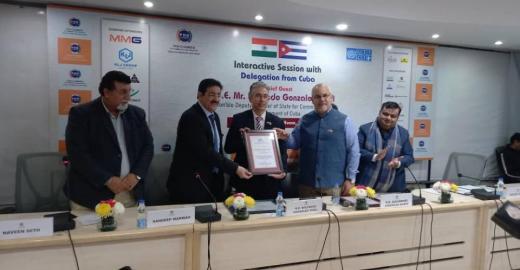

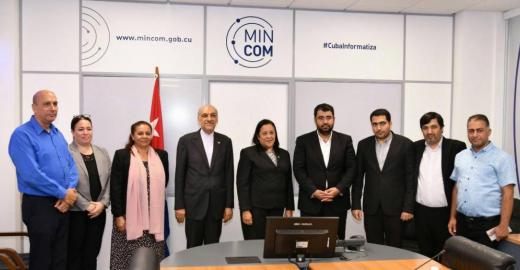



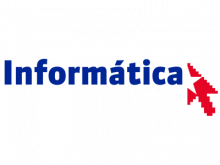

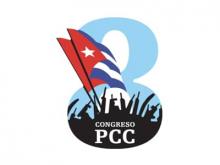
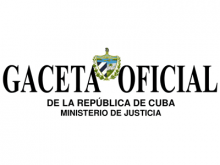
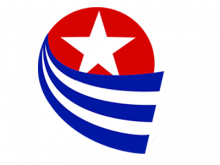
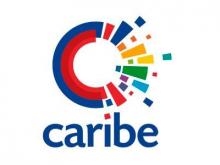
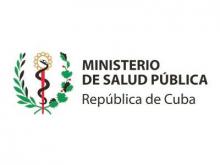

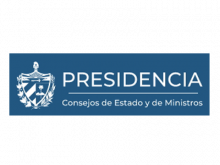

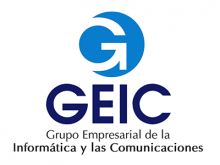
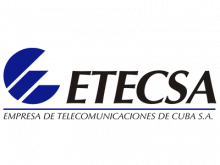
Publicar nuevo comentario